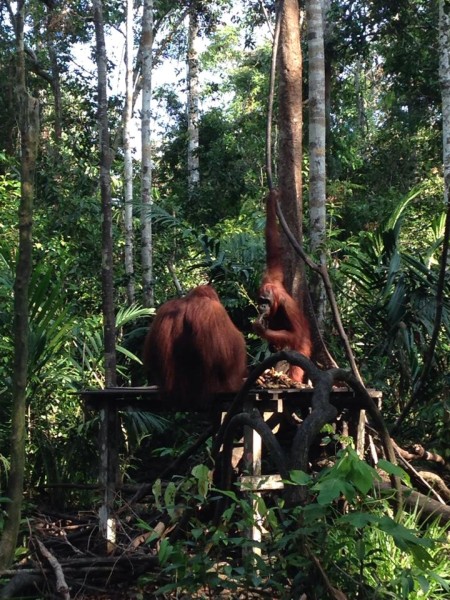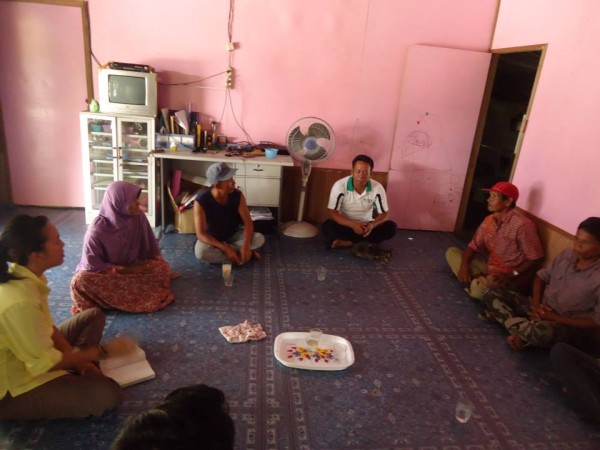Celine Lim
I had set out to Indonesia over the summer to explore private sector investments in forest carbon and palm oil in two components: 1) an internship with a private carbon developer, InfiniteEarth on their Reducing Emissions from Deforestation and forest Degradation (REDD+) project, and 2) conducting comparative research on the business models of palm oil companies in Indonesia and Brazil in collaboration with the Center for International Forest Research (CIFOR).
With InfiniteEarth, I worked on the Rimba Raya Conservation REDD+ project. The project seeks to conserve the Rimba Raya Biodiversity Reserve that protects forest and orangutan habitat, involving also a community development program to provide clean water filters and cook stoves to communities. I helped with the preparation of documents for the carbon audit, and did some mapping of the Reserve and carbon accounting area, including monitoring oil palm encroachment and mapping communities. I conducted a short qualitative research in the villages involved in the project to assess the social impact of the REDD+ project on stakeholder communities.
My research with CIFOR was a comparative analysis of oil palm sustainability in Indonesia and Brazil. It examined government regulations, programs and support structures in Indonesia and Brazil and asked how they affect the uptake and implementation of sustainability practices by oil palm companies. It focuses on two social and environmental sustainability outcomes: 1) inclusion and benefits for smallholders and 2) avoiding and reducing deforestation, maintenance of HCV areas, and development on degraded lands. While in Indonesia, I conducted interviews in East Kalimantan and Jakarta with sustainability managers of palm oil companies to find out how and what sustainability practices were being implemented.

